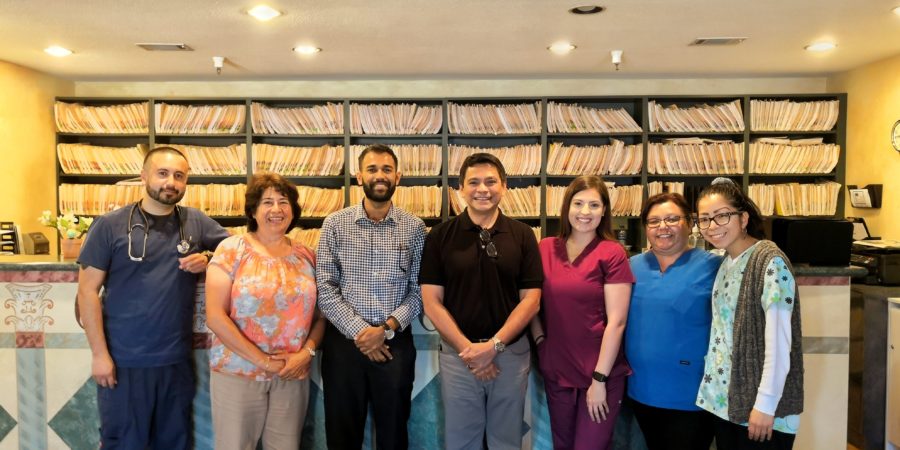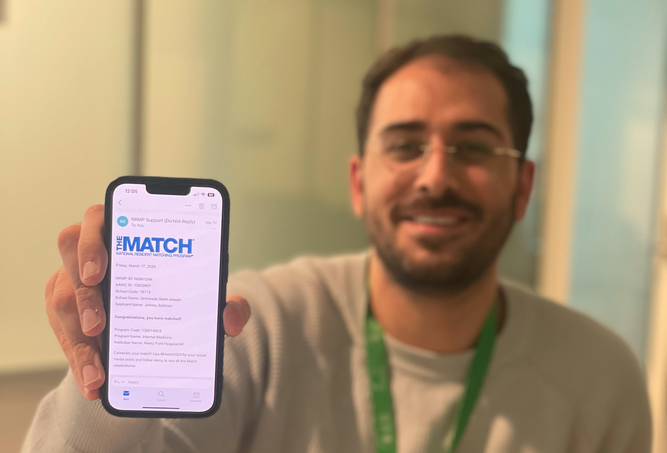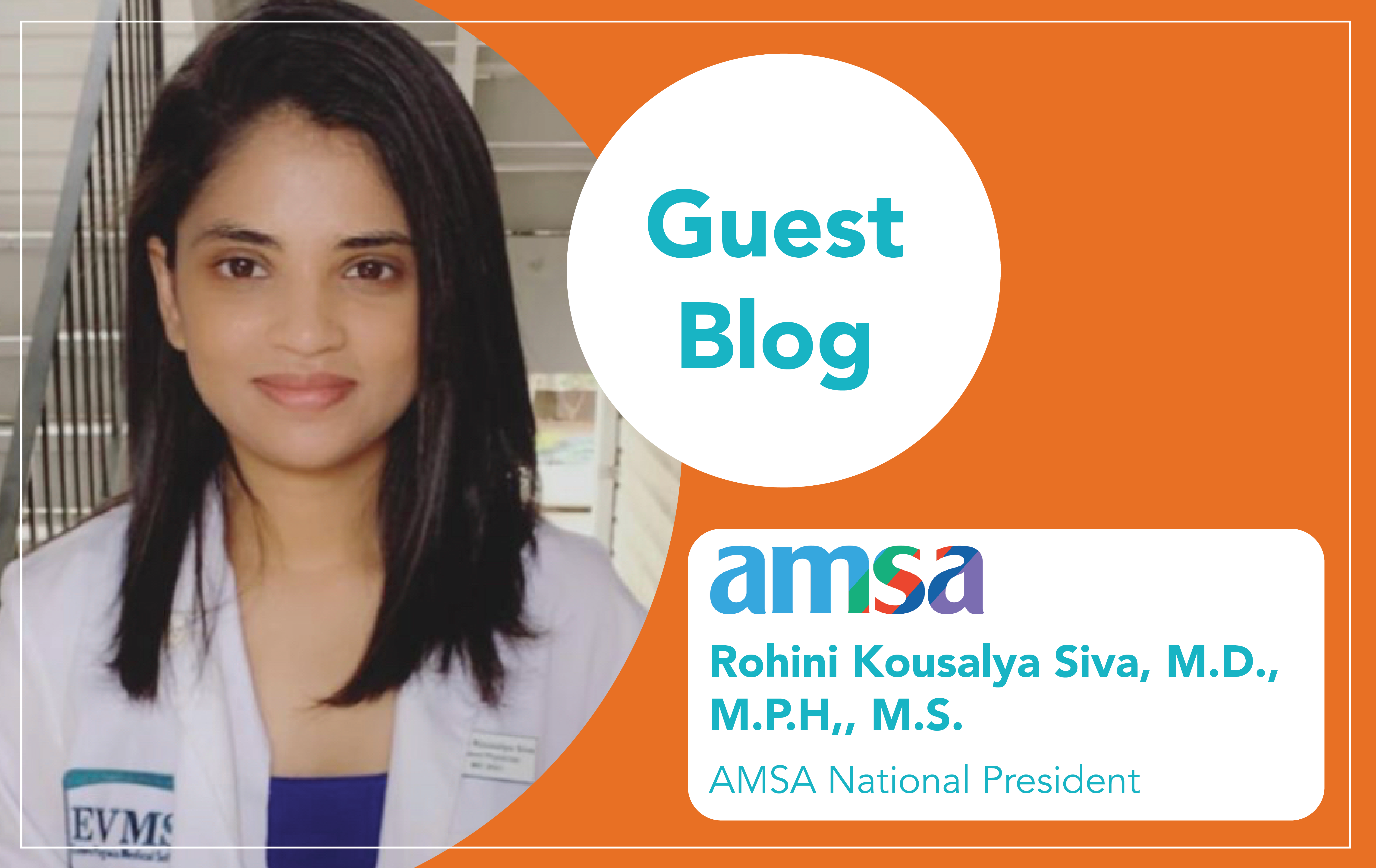The COMLEX Level 1 and USMLE Step 1 exams move to pass/fail scoring takes some pressure off the initial medical licensure exams for medical students. However, with it, it has taken away the ability to use those Level 1 or Step 1 exams as a way to stand out to residency directors. This has left medical students looking for new ways to stand out on the Match. Clinical research experience has been an early, but popular, option.
Keep reading as we dive into what makes clinical research so valuable and how you can secure your own research experience.
What is Clinical Research Experience?
During a clinical research experience, you can expect to work with patient medical data, medications, medical devices, procedures, or other patient care topics to solve or formulate a hypothesis laid out by the precepting physician or research team. Participating in a clinical research experience can often lead to co-authorship or being involved with the publication process of a research paper.
Unlike laboratory research, clinical research involves working with human subjects. This means clinical research projects will look different from one project to another. Even day-to-day work may be constantly changing. However, because clinical researchers are also often physicians, research projects are typically focused on a specialty. This means that when you are looking for clinical research experience, you are able to find a project that matches your interests.
How Does it Help?
Clinical research can improve your residency application in a number of ways. First, it gives you experience to add to your C.V. If you already graduated from medical school or already finished clinicals, this shows residency directors your dedication to staying involved with medicine. If you are still in medical school, research diversifies your C.V. outside of standard school activities.
As mentioned above, clinical research can lead to publishing opportunities. This can boost your credibility with residency directors.
Thirdly, research experience helps build your medical knowledge. Some aspects of research may reinforce concepts you learned in school. Other aspects may expose you to new ideas or understanding of medicine.
How Do I Find Research Experience?
If your school does not offer clinical experiences in the location or specialties you want, there are a few ways to go about finding research experience. One way is to reach out to research sites individually and ask if there are any openings. This is a traditional way of finding clinical experience, so it is not an unusual approach. However, it is often difficult, especially for international medical students trying to plan travel to the U.S.
A more straightforward way to find clinical experience is through a clinical experience provider, like AMO. AMO hosts clinical training sites through its partners on its platform, letting you know where and when availability is. Even better, the platform allows you to filter by specialty and experience type, including a research filter to help you find available clinical research experiences.
Interested in securing clinical research experience. Reach out to an AMO by email at advisor at advisors@amopportunities.org or via WhatsApp by sending a message to +1-312-241-0640







Leave A Comment